There are up to 19 types of smiles, and a fake smile is one of them. It is normal to smile once as a waitress in a cafe or a salesperson in a store, even if you are not happy to do so. But they, on the contrary, find it difficult to deal with issues like this.
They need to smile all day, which not only tires them but also influences their drinking habits, according to a study that examined forced smiles at work.
We want to talk about the connection between hiding our emotions at work and drinking more alcohol. And it’s not just about feeling bad after a long day.
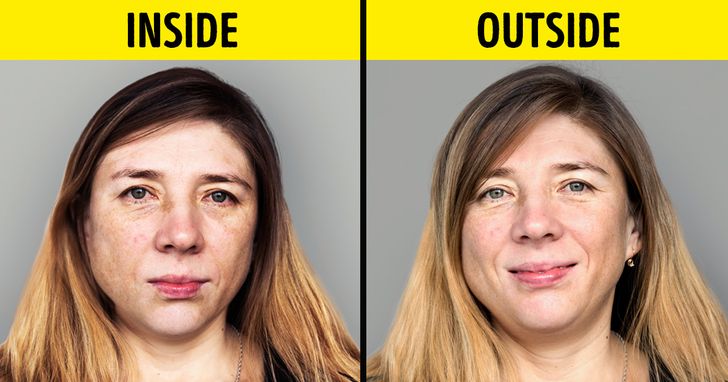
The researchers studied the drinking habits of 1,592 workers. And those who interact with the public like nurses, teachers, and food service workers tend to drink more.
They should be beaming and smiling when explaining a new task, talking to patients, or taking food orders. And they do it despite their personal emotions and current state of mind.
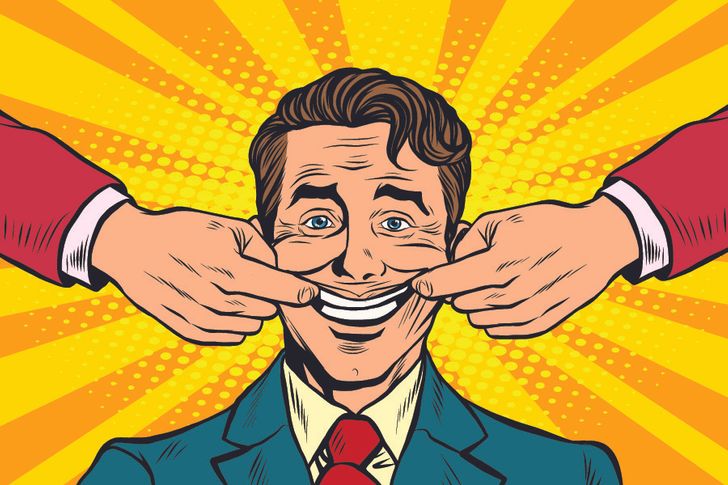
It turns out that the more a person hides their negative feelings and pretends to be cheerful and happy at work, the more he tends to drink in their spare time.
And that doesn’t happen just because of a bad mood or tired work. Self-control greatly affects this. The more people control themselves at work, the less they will be able to control themselves while drinking alcohol.

The researchers used information on how often the workers had to suppress their feelings and how much they drank after work. They also measured the impulsivity of the participants and how much autonomy they felt at work.
And this, in addition to hiding your emotions, also affects the amount of alcohol consumed after work. The more impulsive and less free a person is, the more they may drink.
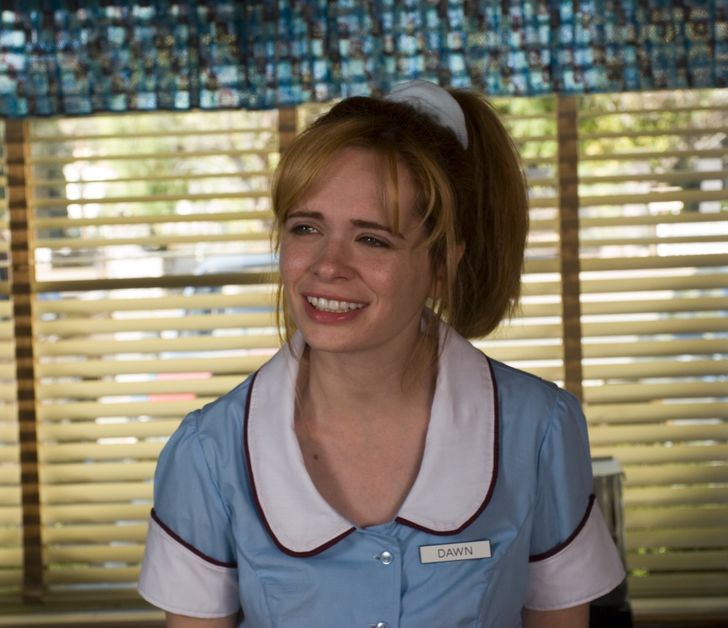
Also, it is more difficult to control yourself while drinking alcohol if you are a very impulsive person who has unique encounters with customers than if you are a very impulsive worker who maintains constant relationships. For example, a call center employee may drink more than a teacher.
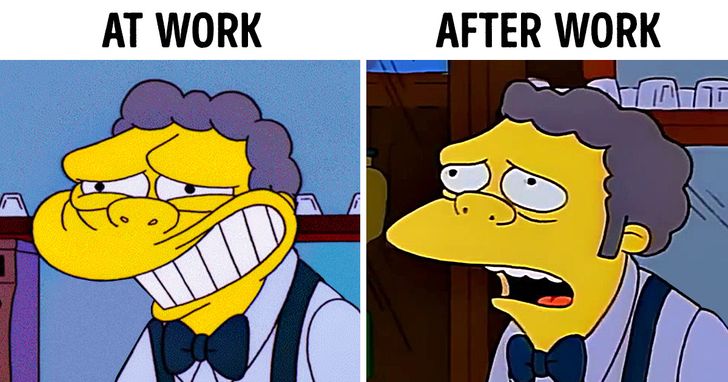
But not everything is as bad as it seems at first. If employees have a personal reward that is relational or financial, hiding real emotions doesn’t do that badly. In any case, this knowledge is useful not only for the workers themselves but also for their employers.
This connection between false emotions and drinking habits can be changed by giving employees more freedom at work. And we are not talking about rudeness or total disrespect to a customer.
It turns out that there is no need to pressure workers to continue with a fake smile on their faces for the entire shift.
How often do you have to smile at work? Have you ever lost your patience due to a customer’s behavior, but still look happy? Tell us about your experience in the comments.
Preview photo credit Depositphotos.com, Depositphotos.com

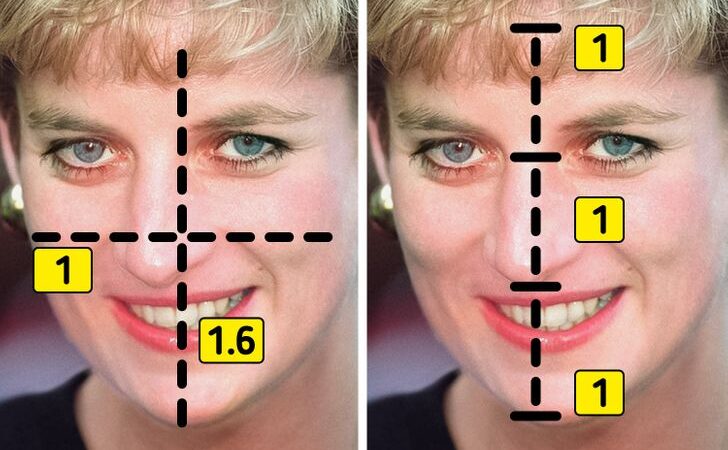
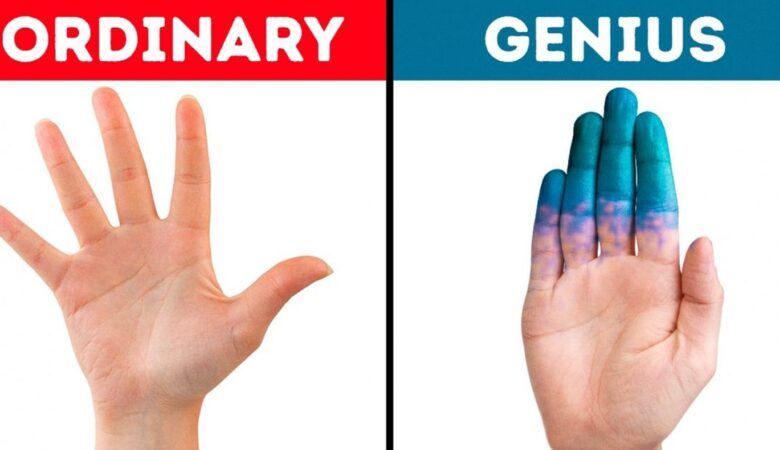

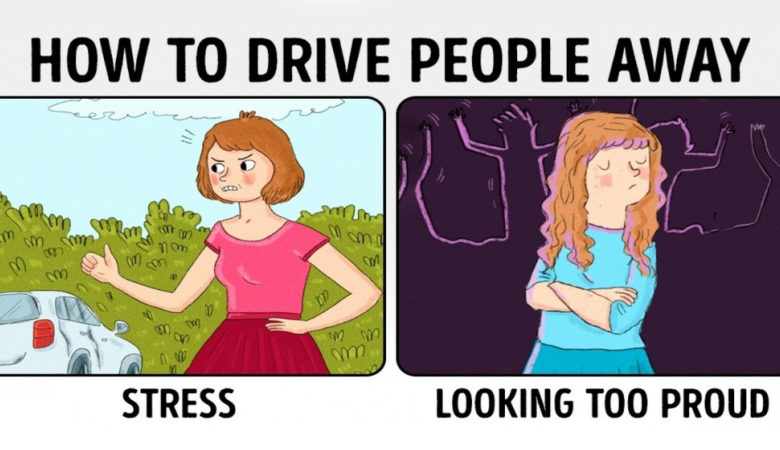




Leave a Reply